App Store Hits and Harsh Reality
 Which projects are becoming the most successful on the App Store and why, why you need a feature, and what is a “jackpot” game – about all this in our new material.
Which projects are becoming the most successful on the App Store and why, why you need a feature, and what is a “jackpot” game – about all this in our new material.
We continue to publish the most interesting excerpts from the article by Emerick Toa, creative director and co-founder of the independent studio The Game Bakers. In his voluminous material, Emerick shares observations about the iOS mobile app market.
“The App Store is far from a gold mine, but you can still make a living as an indie developer with its help. So let’s take a look at which games are successful on the iOS platform.
Blockbusters
Just like on consoles, there are games in the mobile industry that simply won’t be allowed to fail: too much money has been invested in them.
Despite the fact that they are usually made by small teams, they are very actively helped by large publishers. The latter are very actively promoting the game, providing the project with press attention, which ultimately leads to a feature from Apple. Here are the brightest representatives:
Infinity Blade
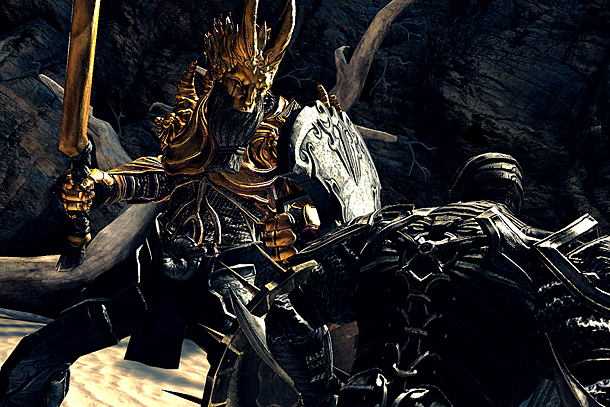
The game was developed by Chair, the publication and promotion was handled by Epic. In the 7 months since its release, the project has earned $ 10 million, of which 40% came from in-game purchases. The franchise’s earnings (as we wrote quite recently, the App2Top editorial board) at the beginning of 2012 amounted to $ 30 million.
Cut the Rope

The game is developed by Zeptolab with the support of Chillingo. Both did their best to create a real Angry Birds killer (in fact, their game is even better), but they didn’t really succeed. In the first six weeks, the game was bought “only” 3 million times.
Order&Chaos
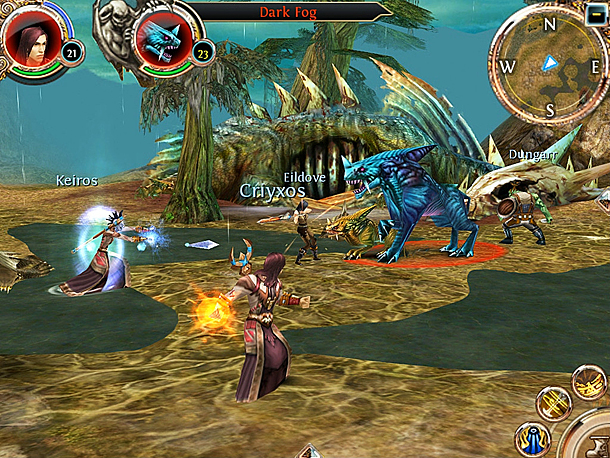
Gameloft was engaged in the creation of an MMO game (WoW acted as a source of inspiration for them). The project earned a staggering $1 million in just the first 20 days after release at a price of $6.99. However, here’s the bad luck, since then Gameloft has not boasted about numbers anymore.
Looking at blockbusters and high-profile figures published by their developers and publishers, many people begin to think that if a cool game is created, it will definitely bring a lot of money. But even in the case of these blockbusters, everything is not so simple. Of course, there is no doubt that these games are profitable, but even considering that $ 1 million in 20 days is crazy money, the development of the same Order & Chaos cost the company more.
The bottom line is that blockbusters don’t make that much money, given their gigantic budgets.
However, among them there are real indies who have received recognition without multimillion-dollar funding and active promotion from publishers. Such games have become blockbusters for one simple reason: it was possible to say that they would be successful even before their release.
World of Goo
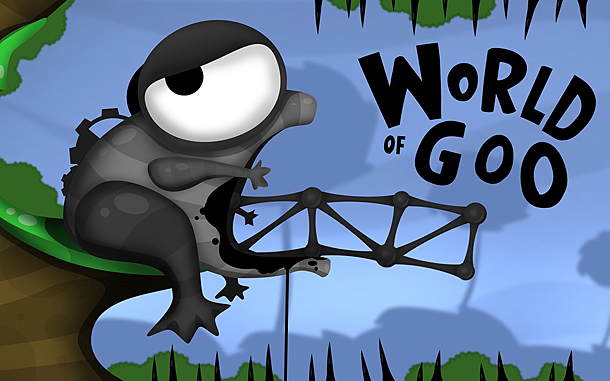
The iPad version appeared two years after the critically acclaimed release of the PC and WiiWare versions. Initially, the price of the game was $ 10; after it was halved, revenue increased.
The game received a feature from Apple almost immediately after its release. So in the first month of sales, it was downloaded 127 thousand times on the iPad alone. For comparison, in its best month on WiiWare, the project sold 68 thousand copies, on Steam the maximum number of downloads per month was 97 thousand. By the way, the project has recently passed the mark of 1 million downloads.
Tiny Tower
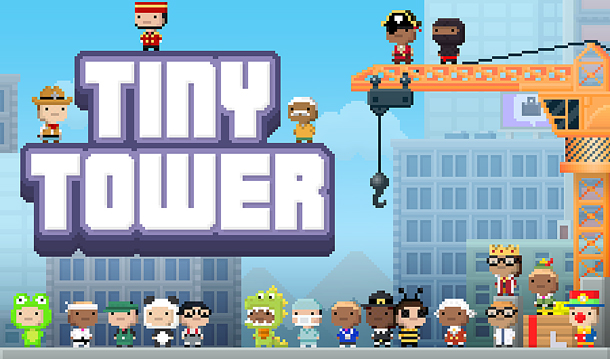
Freemium is a game from the lucky brothers who created Pocket Frogs. In the first four days, the project was downloaded about 1 million times. Of all the users who downloaded the game, 2.6% buy in-game content
So, yes, the conclusion involuntarily suggests itself: you can make money on the App Store. But it must be remembered that if you start your business from scratch, then your chances are close to zero. Those who are not developing their first project have a greater chance of success.
Jackpot Games
The real winners of the lottery, whose name is the App Store, are “jackpot” games.
These are projects that could have hoped for some kind of success, but instead, broke the bank. Angry Birds, of course, is the most striking example, but projects such as Doodle Jump and Fruit Ninja also sparkle with supernovae in the sky of gaming applications.
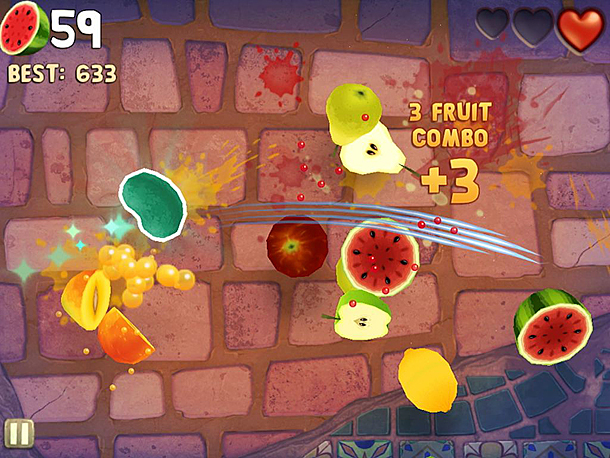
Among the examples, I really want to highlight Tiny Wings. Being a real indie dream come true (one developer, seven months of hard work), the project held the first place in the American top for two weeks. The number of paid downloads has exceeded 3 million times. Another thing is that despite the success, the “finest hour” of the project did not last so long.
Such jackpot giants as Angry Birds, Fruit Ninja and Doodle Jump have not left the top for the second year. In turn, new “jackpot games”, although they periodically appear on the market, but they, unlike the old-timers, do not stay there for a long time. So we can safely assume that the main brands in the App Store market have already been formed and will not go anywhere in the foreseeable future. So it’s not worth waiting for new really big names at least until Apple introduces some revolutionary gadget or technology.
Perhaps the new super-successful app will use Siri, who knows.
Harsh reality
Most decent projects earn much less.
Hard Lines

In the first week, 14 reviews were written for the project – all benevolent. The number of ratings has reached 22, all five-star. As a result, 452 downloads in 8 days, on which the team earned $ 292. After that, the project received a feature from Apple (not Game of the Week, but just New & Noteworthy). Sales immediately increased: in the next 10 days, the project was bought 6500 times.
On the first day of free promotion, the game received the Free App A Day medal and 82 thousand downloads. After the end of the 5-day promotion, the number of daily downloads dropped to 500 per day.
On Christmas Day, the game Hard Lines scored 258 thousand downloads, including free ones.
Portaball
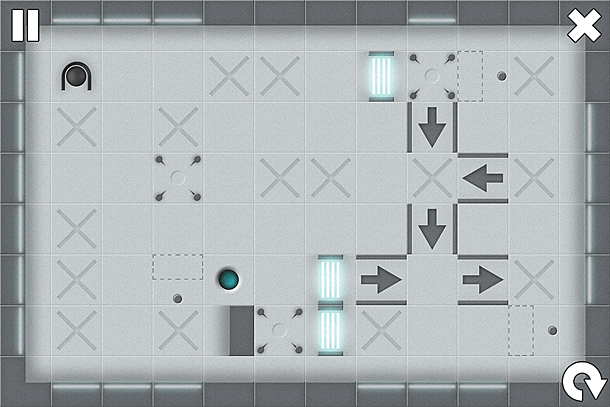
From September 2010 to August 2011, the application was purchased only 4 thousand times at a price of 99 cents. The largest number of downloads was on the day of the project launch – 160. During the “free” period, the game was downloaded 56 thousand times.
Flower Garden
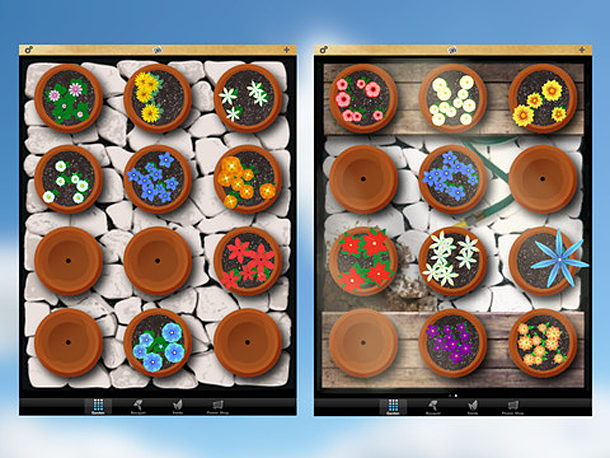
From April 2009 to January 2010, the game earned 21 thousand dollars. The inclusion of paid in-game content and the release of the free version allowed developers to earn $ 30,000 in just one month of sales. As of May 2010, the approximate income of the project was $ 1,500 per week.
These are high-quality, professional-made games. No millions. Only on bread and butter.
So remember a very important figure: 80% of developers receive only 3% of the total profit of applications on the App Store. This is a figure of our harsh reality with you.”